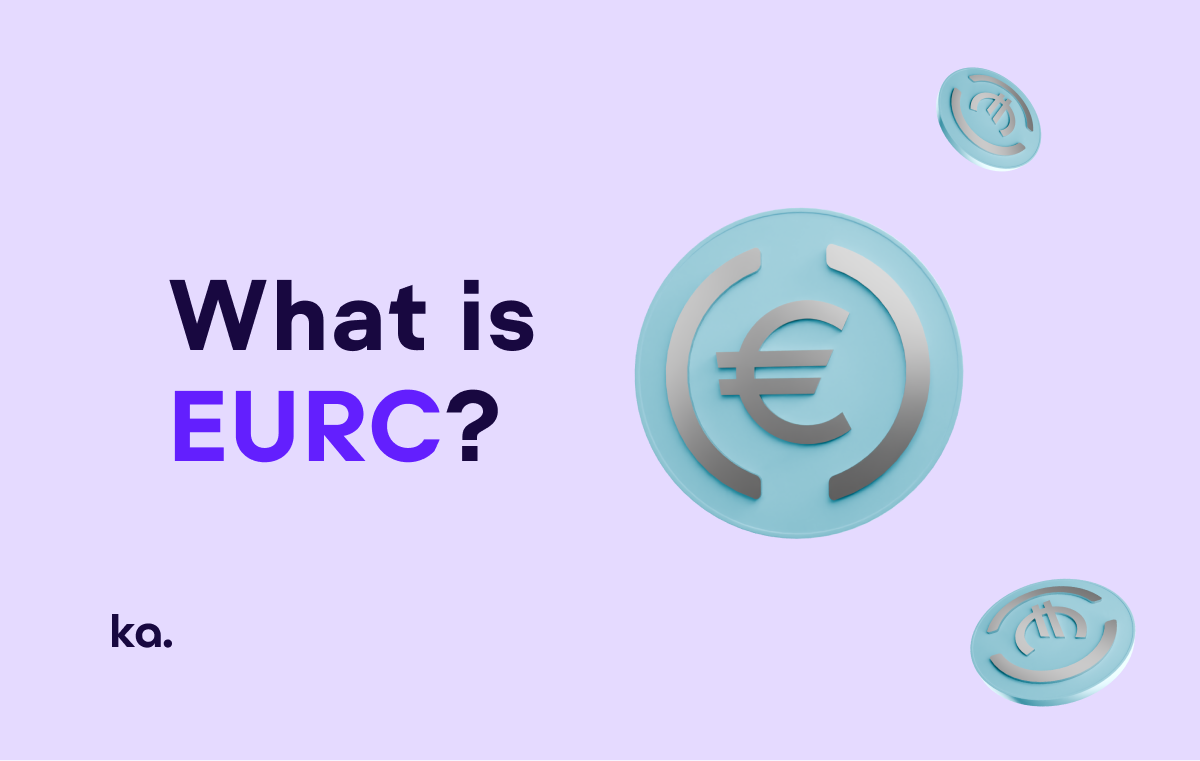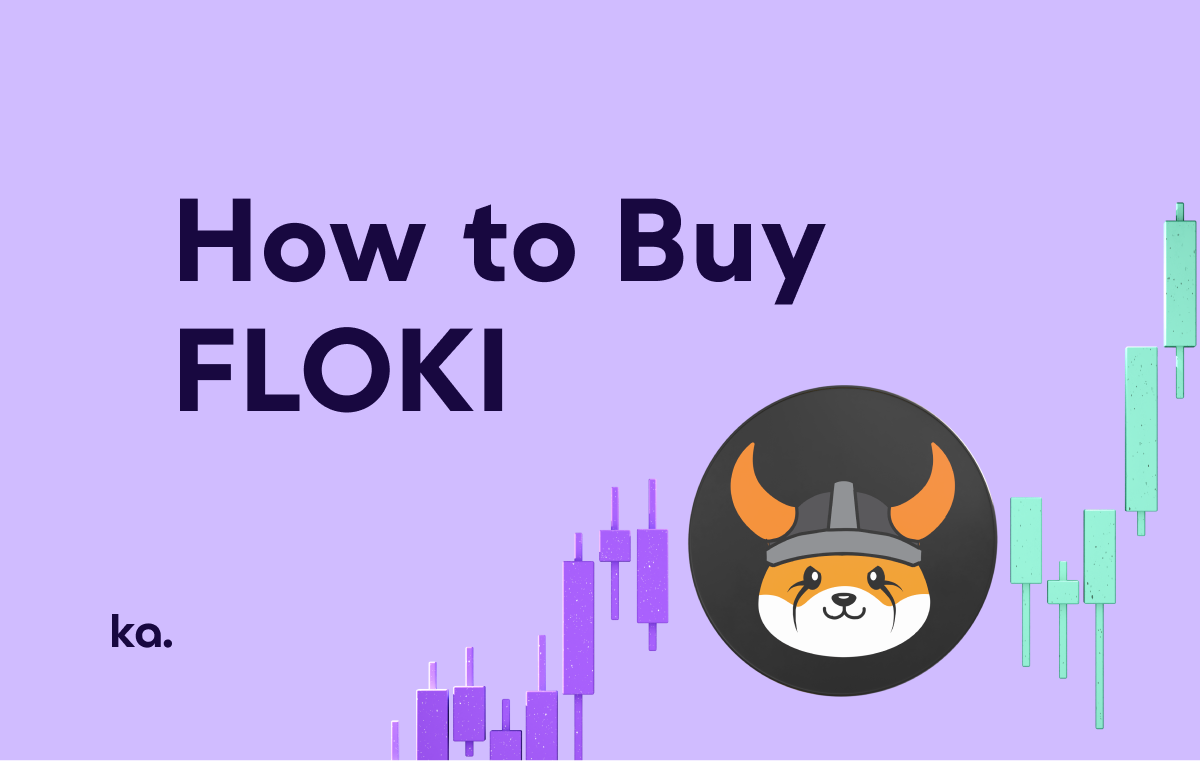
The crypto market is dynamic, so the value of cryptocurrencies can go from zero to 100 or the other way around within seconds. And if you’re wondering what’s causing these price movements, whether for trading opportunities or additional knowledge, this article enumerates various factors that may affect crypto prices. Without further ado, let’s discuss.Disclaimer: Not financial advice
8 Factors That Affect Cryptocurrency Value
Some factors that may influence crypto prices include the following:
1. Market Liquidity
First, liquidity refers to how easily and quickly an asset can be bought or sold without significantly impacting its price. In a highly liquid market, there are plenty of buyers and sellers, offering a smooth trading experience with minimal price fluctuations. On the flip side, low liquidity means there are fewer participants, and even small trades can cause significant price swings.
In the context of cryptocurrencies, high liquidity can lead to more stable prices because large buy or sell orders won't cause drastic price movements. It also means that investors can enter or exit positions without worrying about substantial price slippage.
Conversely, low liquidity can result in volatile price swings, as even small trades can have a substantial impact on the market. This situation may create challenges for crypto users trying to buy or sell significant amounts of crypto at a specific price.
2. Growing Crypto Adoption and Use Cases
Growing crypto adoption and its integration into various industries can contribute to the long-term increase of crypto prices. People being able to make crypto payments or use crypto to buy goods and services may enhance the practicality and attractiveness of digital currencies and attract more buyers in the crypto market.
3. Market Demand and Supply
Like any other asset, the value of cryptocurrencies is influenced by the fundamental principles of demand and supply. When more people want to buy a specific coin or token, the demand rises, and buyers are willing to pay higher prices to secure it. As a result, the price goes up. Conversely, when there are more sellers than buyers, the supply outweighs the demand and leads to lower prices.
4. Market Sentiment
Crypto markets are heavily influenced by sentiment. Positive news, such as institutional adoption or regulatory support, can boost confidence and drive crypto prices upward, while negative news can have the opposite effect.
5. Technological Developments
Improvements in blockchain technology or new features can enhance the functionality and scalability of cryptocurrencies. This can make it more appealing to investors and traders, and eventually drive crypto value. The adoption of cryptocurrencies in real-world applications, such as decentralised finance (DeFi) or non-fungible tokens (NFTs), can also affect crypto prices. Some cryptocurrencies that have practical uses and solve real-world problems tend to rise in value.
Similarly, advancements in security measures can boost confidence in a crypto's safety, which may attract more people to buy. On the other hand, technological vulnerabilities or hacks can create negative sentiment and lead to price declines.
6. Regulatory Developments
News of regulatory developments in major economies can influence investor sentiment worldwide and affect crypto prices. Say, for example, a government introduces favorable regulations or provides clarity on how cryptocurrencies will be treated in their region. This news can spread to other nations and significantly boost confidence among crypto users and traders.
Meanwhile, if an authoritative body implements strict regulations, it can create fear, uncertainty, and doubt (FUD) in the market. This may result in a decrease in demand as users may become cautious about buying cryptocurrencies.
7. Market Manipulation
Market manipulation, in the crypto space, refers to intentional actions taken by some groups or users to artificially influence the price of a cryptocurrency for their gain. It can take various forms, such as "pump and dump" schemes, spoofing, or wash trading.
These can lead to price bubbles and crashes in the crypto market and cause users to lose money. Moreover, it erodes trust in the market and undermines its credibility. Regulators and exchanges take measures to detect and prevent market manipulation, but it’s also crucial for you to remain cautious and do thorough research before making investment decisions.
8. Media Coverage
Media coverage has a powerful effect on public perception and sentiment, which can directly impact market dynamics. When cryptocurrencies are featured in positive news stories, such as endorsements from influential figures, announcements of partnerships, or adoption by well-known companies, it can create a sense of excitement and optimism among crypto users.
However, negative media coverage, such as reports of security breaches, regulatory crackdowns, or scams, can trigger FUD. Crypto users may become cautious and start selling their holdings, which may also lead to a decrease in demand.
Final Thoughts
The crypto market is influenced by a wide range of factors that may positively or negatively affect crypto prices. Understanding these factors is crucial if you want to trade, or avoid losses in your holdings.
At the end of the day, it’s best to remember that the crypto market is evolving and still is in the early stages. Be sure to stay informed and learn to manage risks to navigate the crypto space with confidence and embrace the exciting opportunities it offers.
FAQ
How does cryptocurrency lose and gain value?
Cryptocurrencies lose and gain value through a combination of market forces and external factors. As discussed above, these factors may include market demand and supply, market sentiment, growing crypto adoption and use cases, market liquidity, market manipulation, technological developments, etc.
What causes a crypto price to spike?
Some things that cause a crypto price to spike include positive user sentiment, increased trading volume, positive news related to cryptocurrencies or the blockchain industry, positive government regulations, and new features that may improve the functionality of a crypto project, among others.
What causes Bitcoin prices to rise and fall?
Bitcoin is the most popular and largest crypto by market capitalisation so it is heavily influenced by the previously mentioned factors affecting crypto prices. Again, these factors include trading volume, crypto-related news, advancements in blockchain technology, growing crypto adoption, and more.











